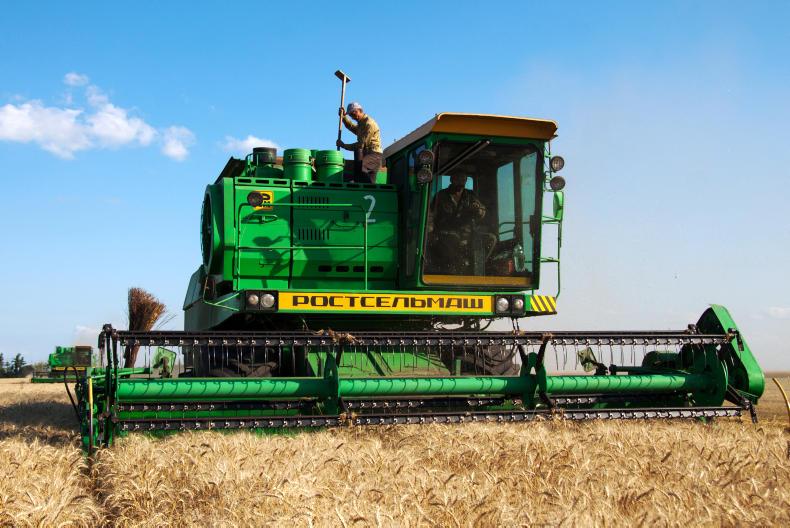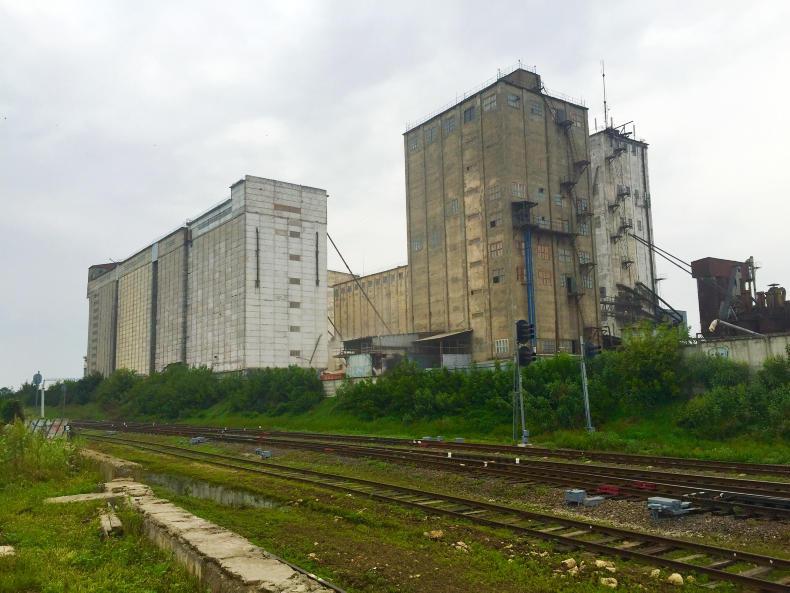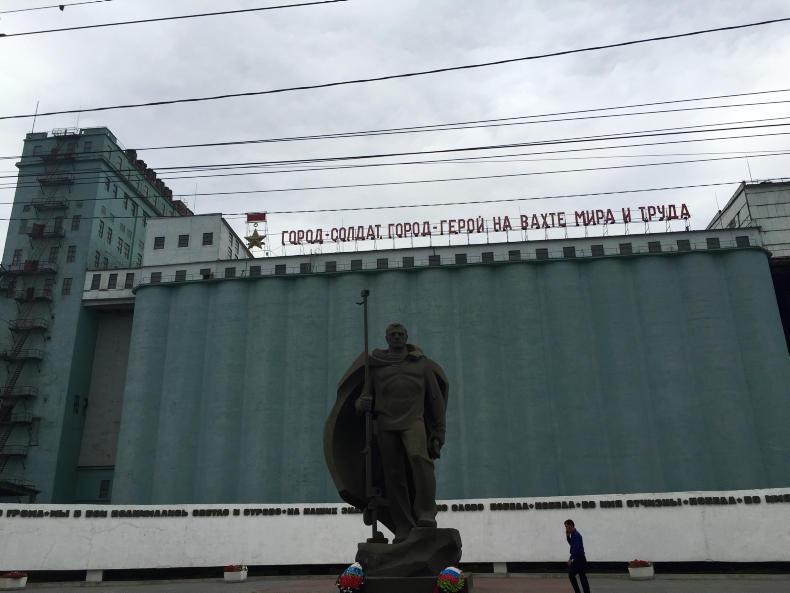Any student of the most basic economic theory, knows the choice governments have to make between guns or butter. It’s a conundrum even the philosopher, sociologist and economist Karl Marx himself struggled with. In full-blown democracies like every EU country, it’s a no-brainer. But in traditional socialist command economies such as communist Russia, guns always won hands-down. Even as late as 30 years ago, Russia still squandered 75% of its national budget every year on guns – a fact never disclosed in Russia’s national statistical bulletin, Rosstat.
Historically, Rosstat’s most sensitive food and agricultural data was always cloaked deceptively under the heading, “investments in the military-agroindustrial complex”. The twist to this particular Russian tale, unravels when you try to analyse and understand Russia’s food and agricultural statistics.
But it must be remembered that there are also many very good historical reasons for these deceptions in Russian farming and food enterprises. Cooking the books on state farms, was often more vital for survival, than cooking the dinner. Russians themselves are the first to admit this defect. Indeed they even have a Russian proverb to forgive it – “In Russia, even the past is unpredictable!” There are countless examples of that phenomenon to be seen in Russia to this day.
We had to wait until the early 1990s for Mikhail Gorbachev to begin to expose these state lies and deceptions. The young Soviet leader’s revolutionary policies of Glasnost (Transparency) and Perestroika (Reconstruction) were an eye-opener and a wake-up call for all of Russia. Later, Vladimir Putin brought his own version of transparency and reconstruction to Russia. But at least he got the country up off its knees. What Gorbachev and Putin did was a real revolution and a real revelation. Specifically, they blew to smithereens, all the lies and deceptions of Russia’s state farms and food enterprises.
Why milk will be Russia’s white oil
But only now are the full impacts of Gorbachev’s and Putin’s policies beginning to emerge. Today, these impacts are not presented in cold statistics, but in billions of litres of milk and kilos of meat. The impacts of Russia’s recent agricultural renaissance are not good news for Irish or other European farmers. Within less than a generation, Russia has moved from food queues to food surpluses. Over the last five years, Russian farmers have engineered similar transformations in key Russian food and agricultural enterprises. Specifically, since 2015, the world’s largest wheat importer has transformed itself into the world’s largest wheat exporter.
Furthermore, Russian pig and poultry farmers have recently ramped up their production well beyond all expectations. By doing so, they have now made their country completely self-sufficient in pork and poultry products. But Russian pig and poultry farmers are not satisfied with that. They are now also poised to export prime Russian pork and poultry products en-masse, into world markets.
Russian dairy and beef farmers are now getting ready to copy and out-perform their pig, poultry and grain-growing neighbours. However, they are starting from a very low base. Furthermore, Russian farmers have no agricultural research, advisory or training services. Modern farm and food processing machinery all have to be imported.
All animal health and hygiene products still have to be imported by Russian farmers. Some of these are produced in Ireland and exported to Russia. There is a very large and a fast-growing market for many more such animal health products on all Russian livestock and dairy farms.
Russia is also critically deficient in good dairy, beef, pig, sheep, and poultry breeding livestock. All breeding animals plus livestock semen and embryos have to be imported by Russian farmers. In Russia, even turkey and hen eggs for hatching, along with mushroom spawn for mushroom growing, all have to be imported. Some of the mushroom spawn comes from Sylvan Spawn – an innovative Irish mushroom spawn company.
The turkey eggs come from an Irish-Canadian turkey breeding company based in Ontario. It is no wonder that Bord Bia and Enterprise Ireland have very strong and effective offices in Moscow for anyone who wants to export any of these items to Russia.
Brendan Dunleavy has over 25 years’ farming and agribusiness project management experience in Russia and Ukraine.






 This is a subscriber-only article
This is a subscriber-only article












SHARING OPTIONS: